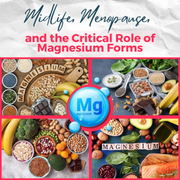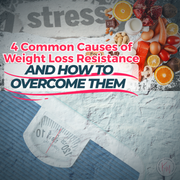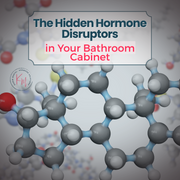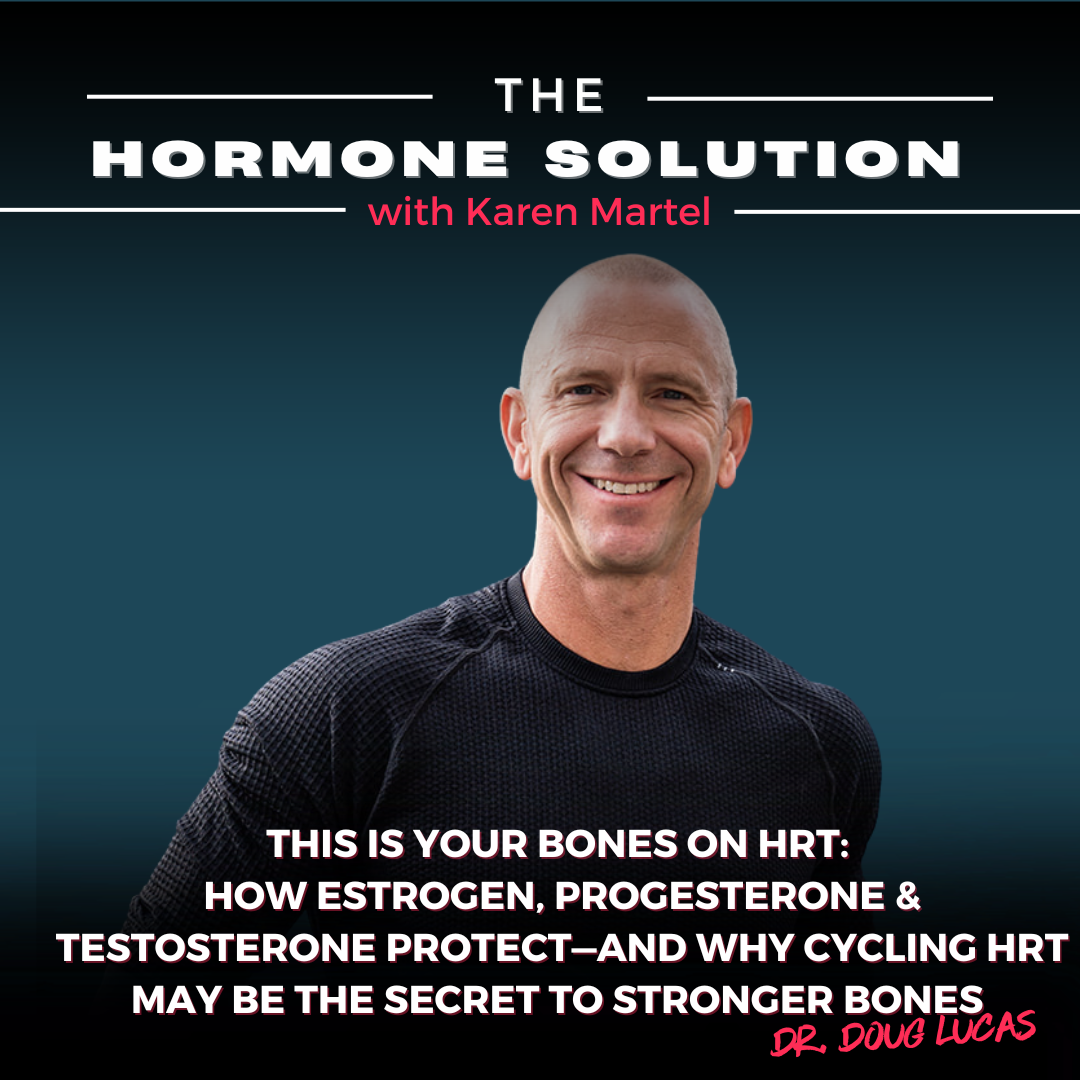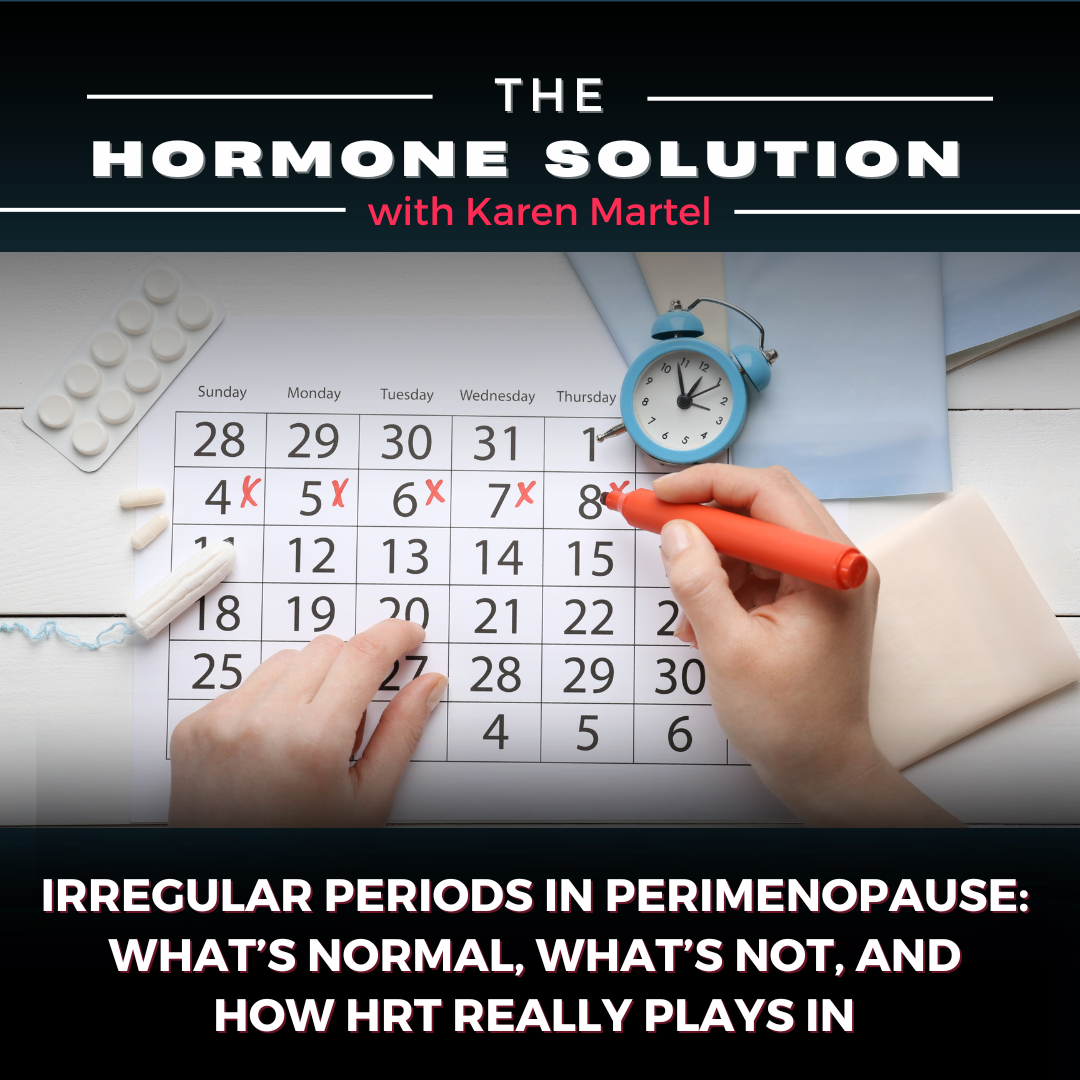
Revitalize Your Intimacy: Expert Tips for Boosting Your Sexual Health
Hey ladies! If you’re navigating the choppy waters of perimenopause or menopause, you might have noticed some unwelcome changes in your sexual health and libido. We’re talking about the Genitourinary Syndrome of Menopause (GSM) — that delightful collection of symptoms like vaginal dryness, decreased arousal, less lubrication, and, let’s be honest, painful sex. Fun, right? Not really. But don’t worry, you’re definitely not alone. The symptoms can affect up to 80% of women in midlife. The good news? There are effective ways to manage and improve your sexual health.
What’s Happening Down There?
Estradiol and estriol, two key forms of estrogen, play crucial roles in maintaining vaginal tissue health and libido. Estradiol, the more potent estrogen, helps keep vaginal tissues thick, elastic, and well-lubricated by stimulating blood flow and collagen production. This not only enhances comfort and reduces the risk of vaginal atrophy and dryness but also supports a healthy vaginal microbiome, which is essential for preventing infections. Estriol, though weaker, complements estradiol by providing additional protective effects on the vaginal lining and mucous membranes. Together, these hormones contribute to a vibrant sexual health profile, supporting libido by reducing discomfort during intercourse and maintaining overall vaginal health, which is critical for sexual arousal and satisfaction.
Testosterone, although primarily considered a male hormone, plays a significant role in women's sexual health, particularly in maintaining vaginal tissue and libido. It contributes to the thickening and lubrication of vaginal tissues, enhancing elasticity and reducing the risk of dryness and atrophy, which can lead to discomfort during intercourse. Additionally, testosterone is vital for sexual arousal and desire, as it influences the brain's neurotransmitters and receptors linked to libido. Adequate levels of testosterone help maintain a healthy blood flow to the genital area, enhancing sensitivity and sexual response. Thus, balanced testosterone levels are essential for a woman's overall sexual well-being, impacting both physical comfort and the psychological aspects of sexual desire.
Oxytocin, often dubbed the "love hormone," profoundly impacts a woman's sex life by enhancing emotional and physical connections. Released during intimate activities such as hugging, kissing, and sexual intercourse, oxytocin fosters feelings of bonding and trust between partners. This hormone also plays a pivotal role in sexual arousal and orgasm, intensifying the pleasure and satisfaction experienced during intimate moments. Additionally, oxytocin helps reduce stress and anxiety, creating a more relaxed state conducive to sexual intimacy. By strengthening emotional bonds and enhancing physical sensations, oxytocin is crucial in nurturing a fulfilling and satisfying sex life for women.
Rekindle the Flame: Revitalize Your Intimate Moments
It’s time to bring back the spice in your love life! Here's how to prevent pain, enhance arousal, and flip that negative switch in your brain:
Vaginal Estrogen: A Game Changer
Local vaginal estrogen can transform the tissues of your vagina, vulva, clitoris, urethra, and bladder. Expect better lubrication, hydration, blood flow, and sensation. Check out our over-the-counter estrogen creams here.
Systemic Estrogen Replacement
Systemic estrogen replacement therapy can significantly enhance a woman's sex drive by addressing hormonal imbalances that often occur during menopause. By replenishing estrogen levels, this therapy helps alleviate symptoms such as vaginal dryness, discomfort, and atrophy, which can impede sexual desire and satisfaction. Additionally, estrogen positively influences mood and energy levels, reducing irritability and fatigue that can dampen libido. By restoring hormonal balance, systemic estrogen replacement therapy promotes overall sexual health and well-being, leading to a more vibrant and satisfying sex life.
Systemic Testosterone Replacement
Systemic testosterone replacement therapy can be a game-changer for menopausal women experiencing a decline in sex drive. By restoring testosterone levels, this therapy helps boost libido, improve sexual arousal, and enhance overall sexual satisfaction. Testosterone plays a crucial role in maintaining vaginal tissue health, sensitivity, and lubrication, reducing discomfort during intercourse. Additionally, it positively affects mood, energy levels, and motivation, which are often diminished during menopause. As a result, systemic testosterone replacement therapy can significantly revitalize a woman's sexual desire and overall sexual well-being.
Systemic Oxytocin
Systemic oxytocin replacement therapy can be a valuable option for menopausal women seeking to boost their sex drive. Oxytocin, known as the "love hormone," enhances emotional bonding, reduces anxiety, and promotes relaxation, all of which are crucial for a healthy libido. By increasing oxytocin levels, women may experience heightened arousal, improved sexual satisfaction, and a stronger connection with their partner. Oxytocin therapy is available through a doctor or from peptide sites like Limitless Nootropics, typically in the form of a nasal spray or injection. This convenient and effective therapy can significantly enhance a woman’s sexual well-being during menopause. Limitless use coupon code KM15 at checkout for 15% off your oxytocin.
Lubricate Well
Always use a silicone-based lubricant during any sexual activity. Water-based lubes can irritate delicate menopausal skin, but silicone-based options reduce friction and discomfort effectively.
Navigating perimenopause or menopause can bring unwelcome changes in sexual health, such as vaginal dryness, decreased arousal, and painful intercourse, affecting up to 80% of women. But there's good news: you can manage and improve your sexual health effectively. Key forms of estrogen like estradiol and estriol maintain vaginal tissue health and libido, while testosterone boosts sexual arousal and desire by enhancing tissue health and sensitivity. Oxytocin, the "love hormone," strengthens emotional bonds and reduces stress, fostering a fulfilling sex life. To rekindle intimacy, consider local vaginal estrogen, systemic estrogen and testosterone replacement therapies, and systemic oxytocin therapy. Don't forget to use a silicone-based lubricant to minimize discomfort. Explore these options to revitalize your intimate moments and bring back the spice in your love life. For a special discount on oxytocin, use coupon code KM15 at checkout on Limitless Nootropics.

Find Karen Martel on Apply Podcast
Karen Martel is a Certified Hormone Specialist and Transformational Nutrition Coach dedicated to empowering women through their health journeys.
As the host of the popular podcast The Hormone Solution, Karen tackles the complexities of hormonal health, weight loss resistance, and the challenges that come with perimenopause and menopause.
Her mission is to disrupt outdated narratives surrounding women's health, providing reliable information and practical solutions that help women reclaim their vitality.
Tune in to discover how to embrace life's stages while enhancing overall well-being.

